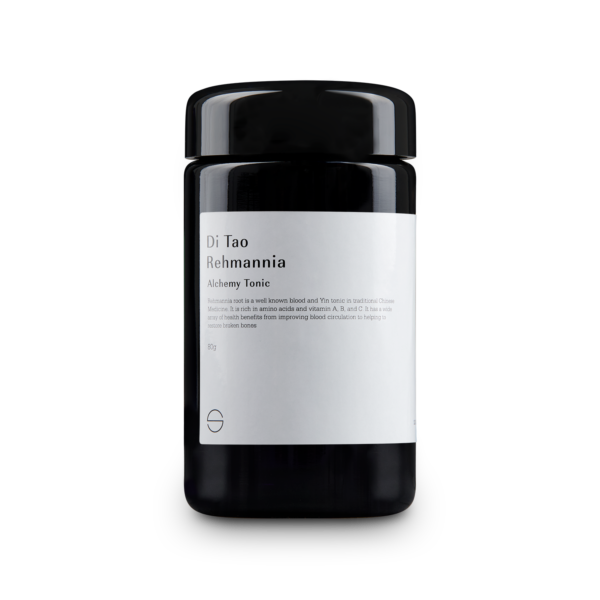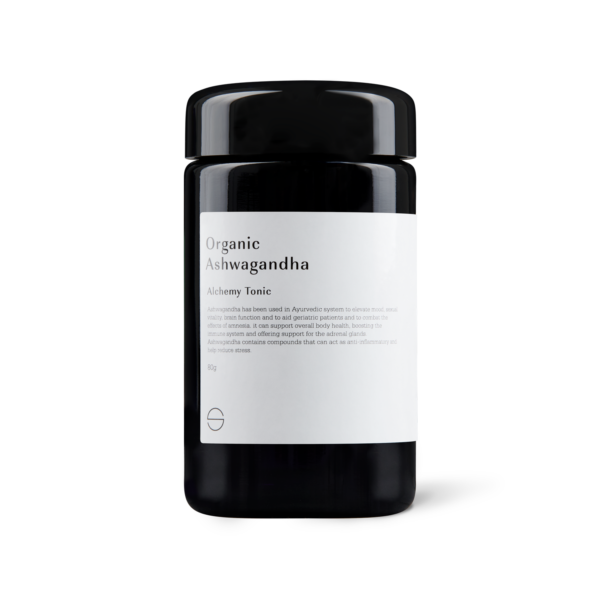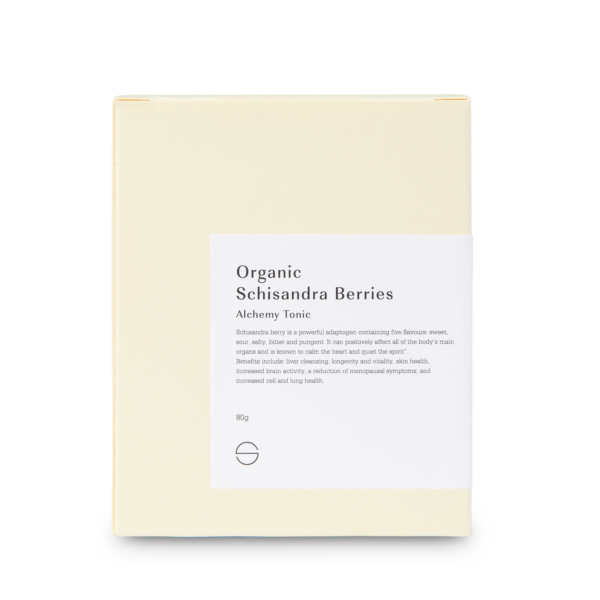
DIY Natural Toothpaste & Tooth Powder – Featuring Pearl Powder
A clean, effective way to care for your teeth, without

Kick-start, energise, rejuvenate
All carefully planned and prepared to help nourish, reset and rejuvenate the body and mind.
What is Adrenal fatigue?
Adrenal fatigue is a term used to describe a condition where the adrenal glands, which are responsible for producing and regulating stress hormones such as cortisol, are said to be functioning at a suboptimal level.
Although it is most commonly associated with intense or prolonged stress, it can also develop during or after acute or chronic infections, such as influenza, bronchitis, or pneumonia. The primary symptom of adrenal fatigue is fatigue that is not relieved by sleep.
Adrenal fatigue is not easily identifiable. You may seem and act relatively normal with adrenal fatigue and have no obvious signs of physical illness, but you may live with a general sense of unwellness, tiredness, or feeling of fogginess. Burn-out, which is linked to adrenal fatigue and involves feelings of energy depletion and exhaustion, has been included in the 11th Revision of the International Classification of Diseases issued by the World Health Organization.
What causes adrenal fatigue?
Located above the kidneys, the adrenal glands are responsible for secreting cortisol, a hormone that plays a crucial role in regulating various bodily functions such as digestion, blood pressure, and sleep. In response to stress, the adrenal glands release cortisol into the bloodstream, which helps the body cope with the stressor. Cortisol also helps regulate the body’s response to inflammation, and it is involved in the metabolism of glucose, protein, and fat. Overall, the adrenal glands play an essential role in maintaining the body’s physiological balance, or homeostasis.
When it is overused, with added stressful modern lifestyle, poor diet and toxic load, it can cause the adrenal glands to become fatigued and less able to produce these hormones, which can lead to the symptoms associated with adrenal fatigue
In eastern medicine theory, adrenal fatigue is seen as a manifestation of an underlying imbalance in the body’s energy and organ systems, particularly the kidney qi. Qi /Ki is the energy that runs through all of us and stress affects the free flow of qi. This results in stagnation, excess heat and impeded circulation.
Chronic stress causes an imbalance in the body and leads to health issues.
How to alleviate the symptoms of adrenal fatigue
Strengthening and nurturing your Kidney Qi
The kidney is considered as the “root of vitality”. the Kidney is responsible for regulating the body’s energy and fluid balance, as well as storing the body’s essence, or Jing. The Kidney is considered the root of vitality, as it is responsible for the growth and development of the body, as well as the ageing process.
Along with the lifestyle changes that are recommend above here are recommended powerful botanicals that can help you.

Rehmannia Root (Shu Di Huang): Rehmannia root is a cooling herb that is believed to nourish the Yin energy of the body and support the adrenal glands. (Ying Jing) It is often used to treat fatigue, dizziness, and other symptoms associated with adrenal fatigue.

Ashwagandha (Withania somnifera): Ashwagandha is an adaptogenic herb that is traditionally used in Ayurvedic and Chinese medicine to help the body adapt to stress. It is believed to help support the adrenal glands and improve energy levels.

Eleuthero (Siberian Ginseng): Eleuthero is an adaptogenic herb that is traditionally used in Chinese medicine to help support the adrenal glands and improve energy levels. It is also believed to help improve mental clarity and reduce fatigue.

Schisandra (Schisandra chinensis): Schisandra is a tonic herb that is believed to help support the adrenal glands and improve energy levels. It is also believed to help improve mental clarity and reduce stress.

Cistanche (Cistanche tubulosa): Cistanche is an herb that is traditionally used in Chinese medicine for its tonic and adaptogenic properties. It is believed to help nourish the Kidney and support the body’s overall vitality and energy. (Yang Jing) Cistanche is believed to help support the adrenal glands and improve energy levels, making it a potentially useful herb for people with adrenal fatigue.

A clean, effective way to care for your teeth, without

In the world of tonic herbs and medicinal mushrooms, there’s

As the days grow shorter and the air becomes crisp,
Copyright Shoku Iku © 2024 | All Rights Reserved.
The statements on this website have not been evaluated by the TGA or FDA. These products are not intended to diagnose, treat, cure or prevent any disease.
Sign up to receive your discount.